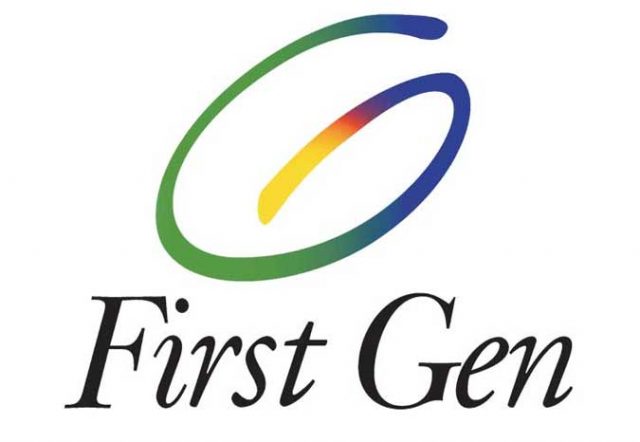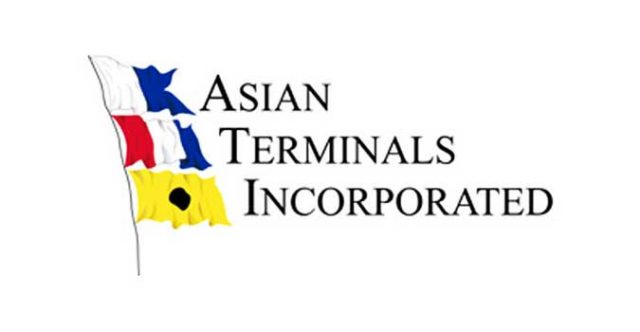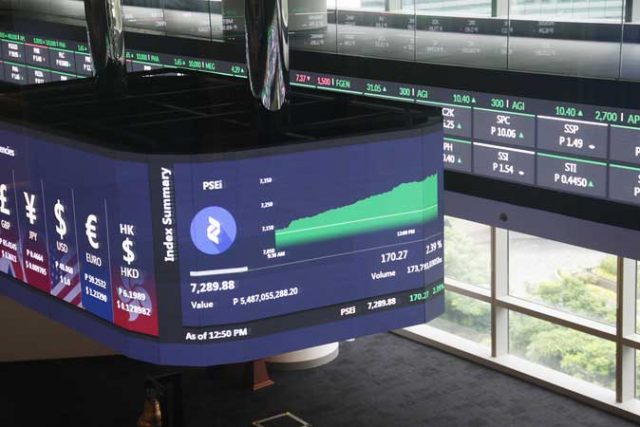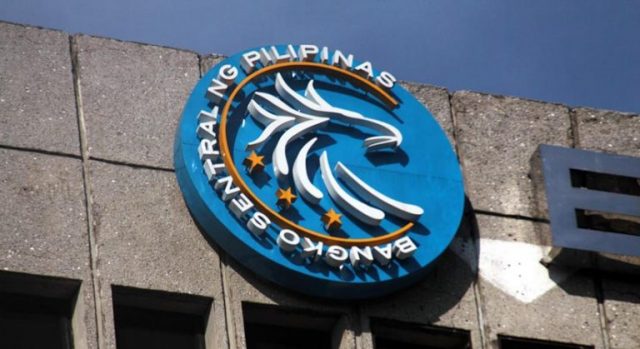RIZAL COMMERCIAL Banking Corp. (RCBC) posted lower net earnings in the first three months of 2021, dragged by trading losses and lower foreign exchange gains.
The bank’s net profit decreased by 31.55% to P1.58 billion in the first quarter from P2.308 billion in the same period a year earlier, based on its financial statement filed with the local bourse on Friday.
This translated to return on average assets of 0.82% as of March on a consolidated basis, up from the 0.68% seen at end-2020, while return on average equity also rose to 6.23% from 5.54%.
Net interest income rose by 2.3% to P6.465 billion in the period from P6.319 billion a year ago on the back of lower funding costs.
This was offset by the 49.7% drop in its other operating income to P1.848 billion from P3.674 billion last year as it booked a trading and securities loss and lower gains from foreign exchange.
Broken down, RCBC’s income from service fees and commissions jumped by 49.4% to P1.335 billion, while those from trust fees increased by 30% to P91 million.
On the other hand, foreign exchange gains slumped by 82.9% to P47 million. It booked a trading and securities loss of P35 million in the first quarter, a reversal of the P2.157 billion in gains in the same period of 2020.
The bank’s provisions for impairment losses stood at P936 million, lower by 41% from the P1.601 billion it set aside in the same period last year. RCBC said this was because it already had a “significant build-up of reserves in 2020 in anticipation of the uptick in loan defaults”.
On the other hand, other operating expenses rose by 2.4% to P5.692 billion from P5.556 billion last year.
“The expenses on investments and transactions related to business growth offset the savings from digital efforts and channel rationalization,” the bank said.
RCBC’s gross loan portfolio increased by 7% to P481.7 billion as of March from a year earlier, backed by the growth in the corporate (8%) and small and medium enterprise (10%) segments.
“There has been a significant improvement in overall credit and payment activity and more customers are accessing the bank’s retail and corporate online payment channels,” it said.
RCBC’s non-performing loan ratio stood at 3.15%, higher than the 2.94% as of end-2020.
Meanwhile, total deposits with the bank increased 15% to P562.9 billion, driven mainly by low-cost current account, savings account deposits, which jumped by 22%.
The bank said its assets rose by 12% to P800.8 billion as of March, with loans and receivables making up 61% of the total and investment securities cornering a 15% share.
RCBC’s capital base stood at P102.5 billion, with its capital adequacy ratio at 15% (down from 15.86% as of end-2020), while common equity Tier 1 ratio stood at 11.6% (from 12.28%), both well above minimum regulatory requirements.
“The pandemic may have challenged us in so many ways, but it has only reaffirmed our commitment to push forward with our digital acceleration in order to provide the best customer experience,” RCBC President and Chief Executive Officer Eugene S. Acevedo was quoted as saying in the statement.
RCBC shares closed at P17.50 apiece on Friday, down by 10 centavos or 0.57% from its previous finish. — L.W.T. Noble












